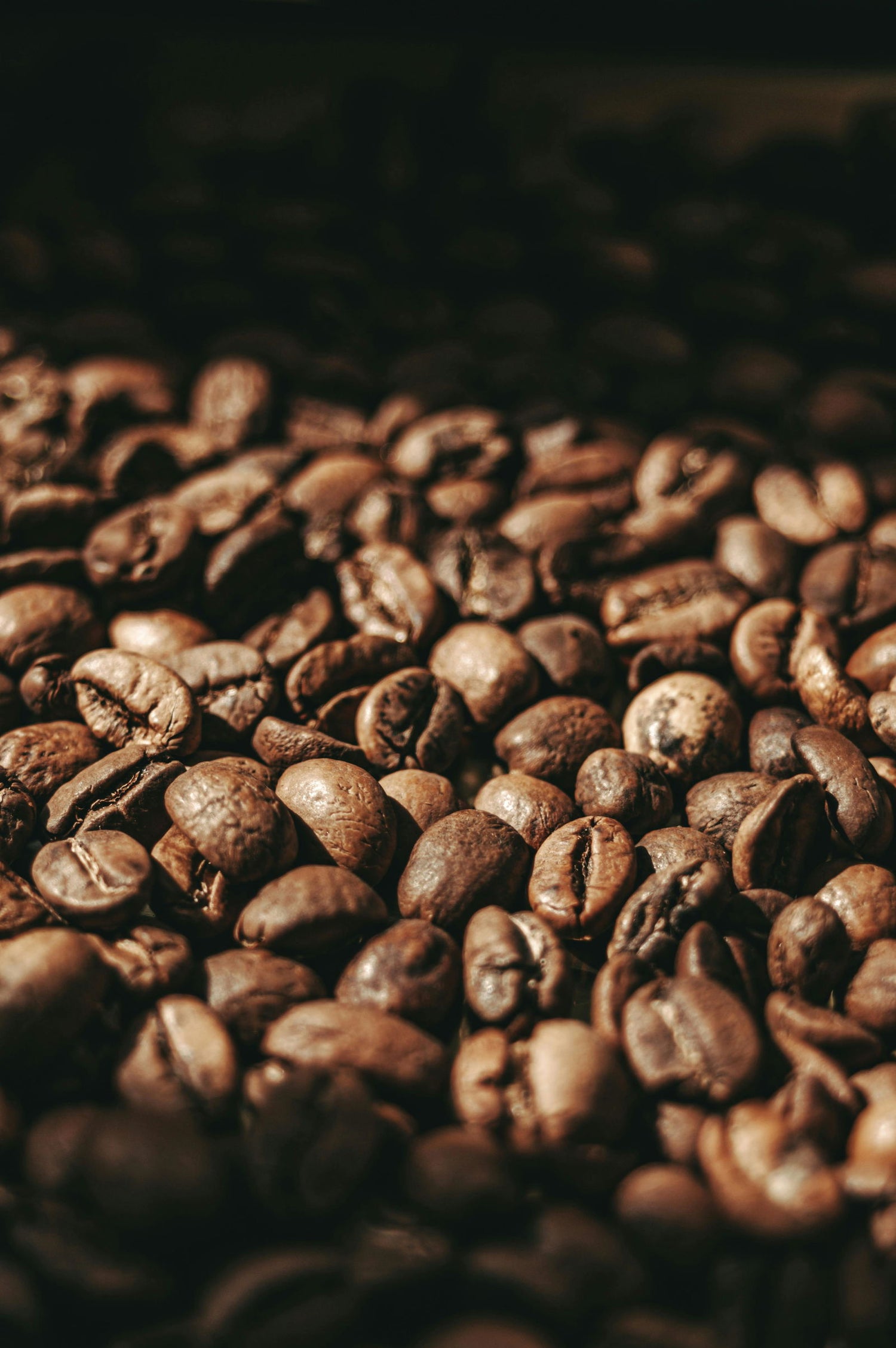Can Coffee Cause Bloating?

Share
Can coffee cause bloating? Coffee is a beloved daily ritual for many people, offering an energizing start to the morning and a boost during the day. However, some coffee drinkers experience an unwelcome side effect: bloating. If you’ve ever wondered whether coffee can cause bloating and why it happens, this article explores the possible causes and solutions.
Why Can Coffee Cause Bloating?
-
Acidity of Coffee Coffee is naturally acidic, with a pH level around 4.85 to 5.10. This acidity can irritate the stomach lining, especially in people who are sensitive to acidic foods and drinks. When the stomach becomes irritated, it may produce more gas, leading to bloating.
-
Stimulation of Stomach Acid Coffee stimulates the production of stomach acid. While this can aid digestion in moderate amounts, too much acid can cause discomfort and lead to bloating, particularly if consumed on an empty stomach. The excess acid can also lead to acid reflux, which may further contribute to bloating.
-
Lactose Intolerance If you enjoy your coffee with milk, cream, or other dairy-based additives, lactose intolerance could be a culprit. Lactose intolerance is the inability to fully digest lactose, the sugar found in dairy. Undigested lactose can ferment in the gut, producing gas and causing bloating.
-
Artificial Sweeteners Many coffee drinkers prefer their beverage sweetened, and some opt for artificial sweeteners like sucralose, aspartame, or saccharin. These sweeteners are not always fully absorbed by the digestive system and can ferment in the colon, producing gas and leading to bloating.
-
Caffeine's Diuretic Effect Caffeine is a natural diuretic, meaning it increases the production of urine and can lead to dehydration if consumed in excess. Paradoxically, dehydration can actually cause the body to retain water, resulting in a feeling of bloating and swelling.
-
Gut Sensitivity People with irritable bowel syndrome (IBS) or other gastrointestinal conditions may be particularly sensitive to the compounds in coffee. Coffee can act as a gut irritant, exacerbating symptoms such as bloating, gas, and discomfort.
How to Avoid Coffee-Related Bloating
If you find that coffee leads to bloating, there are a few ways to minimize the effects:
-
Limit Intake Moderation is key. Drinking too much coffee, especially on an empty stomach, can lead to digestive discomfort. Try limiting your intake to one or two cups a day, and see if your symptoms improve.
-
Opt for Low-Acidity Coffee There are various low-acid coffee brands available that are designed to be gentler on the stomach. These coffees may be less likely to irritate the stomach lining and cause bloating.
-
Avoid Drinking on an Empty Stomach Drinking coffee on an empty stomach can increase the likelihood of acid irritation and bloating. Try eating something small, like a banana or toast, before your morning coffee to help buffer the acid.
-
Use Lactose-Free Alternatives If you suspect dairy could be the issue, try using lactose-free milk, almond milk, or other plant-based creamers in your coffee.
-
Cut Back on Artificial Sweeteners Artificial sweeteners can be difficult to digest and may contribute to bloating. Consider cutting back or switching to natural sweeteners like honey or maple syrup, which are easier on the stomach.
-
Stay Hydrated Coffee's diuretic effect can lead to dehydration, which may contribute to bloating. Make sure to drink plenty of water throughout the day, especially if you consume coffee regularly.
Conclusion
While coffee can be a cause of bloating for some, it’s not a universal problem. The acidity, caffeine content, and additives like milk or sweeteners may all play a role in triggering digestive discomfort. By making small adjustments to how and when you consume coffee, you can likely enjoy your favorite beverage without the bloating.
If you continue to experience significant bloating or other digestive issues despite making changes, it may be worth consulting a healthcare provider to rule out any underlying conditions.

